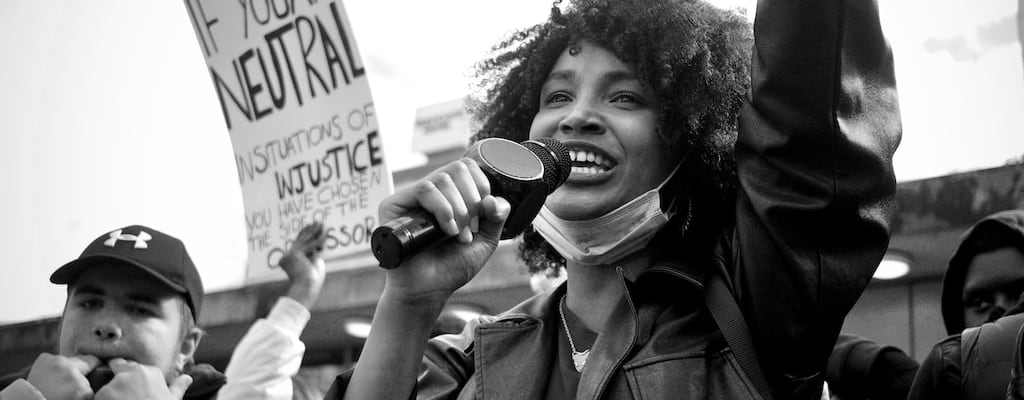blame game: Idiom Meaning and Origin
What does ‘blame game’ mean?
The idiom "blame game" refers to the practice of assigning fault or responsibility to others rather than accepting it oneself. It involves the act of shifting blame or pointing fingers in order to avoid being held accountable for a mistake or failure.

Idiom Explorer
The idiom "lay something at the feet of" means to hold someone responsible or blame someone for something. It implies the act of attributing a problem or fault to someone else.
The idiom "lay at someone's door" means to blame someone for a particular situation or problem. It suggests that the responsibility for the issue rests solely on that person.
The idiom "in the game" means actively participating or being involved in a particular activity or situation.
The idiom "hand off" means to pass or transfer the responsibility or control of something to someone else.
The idiom "guilt trip" refers to a situation where someone intentionally manipulates another person into feeling guilty or remorseful in order to control their actions or behaviors.
The idiom "give the game away" means to reveal or expose a secret or hidden truth, usually unintentionally, thereby spoiling a surprise, plan, or strategy.
The idiom "game plan" refers to a strategic plan or approach that outlines the steps and actions needed to achieve a particular goal or outcome. It is commonly used in sports and business contexts.
The idiom "game out" means to plan or analyze a situation in advance, especially in order to anticipate different outcomes and strategies. It is often used in the context of sports, but can also be applied to other areas of life.
Shedding Light
The idiom "blame game" is a commonly used expression in the English language. It refers to the act of assigning responsibility or fault to others in order to deflect blame from oneself. This idiom has gained popularity and is often used in various contexts, including politics, relationships, and everyday situations.
One important aspect to note about the idiom "blame game" is that it is a metaphorical expression. It does not literally refer to a game, but rather signifies the act of shifting blame. This idiomatic expression is used to describe situations where individuals or groups engage in a cycle of blaming each other instead of taking accountability for their own actions.
Furthermore, it is worth mentioning that the idiom "blame game" is often used in a negative context. When people play the blame game, it is seen as a nonproductive and ineffective way of addressing conflicts or problems. This idiom highlights the tendency of individuals to avoid personal responsibility and instead focus on pointing fingers at others.
One related expression that can be associated with the idiom "blame game" is "blame Canada." This phrase, popularized by the musical "South Park: Bigger, Longer & Uncut," humorously refers to the act of blaming Canada for problems that are not actually their fault. It plays on the idea of scapegoating and deflecting blame onto an innocent party.
Another related idiom that can be connected to the concept of the blame game is the phrase "I'm not the one." This phrase is often used in response to being unfairly accused or blamed for something. By saying "I'm not the one," an individual is asserting their innocence and distancing themselves from any responsibility.
The idiom "blame game" is particularly prevalent in political discourse. It is often used to criticize politicians who engage in finger-pointing and deflecting blame rather than accepting responsibility for their actions or decisions. The media frequently employs this idiom to describe political situations characterized by a lack of accountability and a focus on assigning blame.
Furthermore, the idiom "blame game" is not limited to politics. It is also commonly used in interpersonal relationships and discussions surrounding social issues. In these contexts, it serves as a reminder of the importance of taking personal responsibility and avoiding the pitfalls of shifting blame onto others.
It is worth noting that the idiom "blame game" is widely understood and used in the United States. It has become a part of everyday language, reflecting the cultural values and communication patterns of American society.
The idiom "blame game" is a metaphorical expression that refers to the act of assigning responsibility or fault to others instead of taking personal accountability. With its origins in the late 20th century, this idiom has become commonly used in various contexts such as politics and relationships. While often used in a negative context, the idiom underscores the importance of personal responsibility and the futility of shifting blame onto others. The related idioms "blame Canada" and "I'm not the one" add further dimensions to the concept of the blame game, highlighting the humor and defensive nature associated with deflecting blame. The widespread use of this idiom in the United States reflects its cultural significance and prevalence in American society.
Example usage
Examples of how the idiom blame game can be used in a sentence:
- After the project failed, everyone started playing the blame game, pointing fingers at each other instead of finding a solution.
- The government and opposition parties engaged in a blame game, each accusing the other of mismanagement.
- Instead of taking responsibility for his actions, he played the blame game, trying to shift the fault onto someone else.
More "Conflict" idioms



